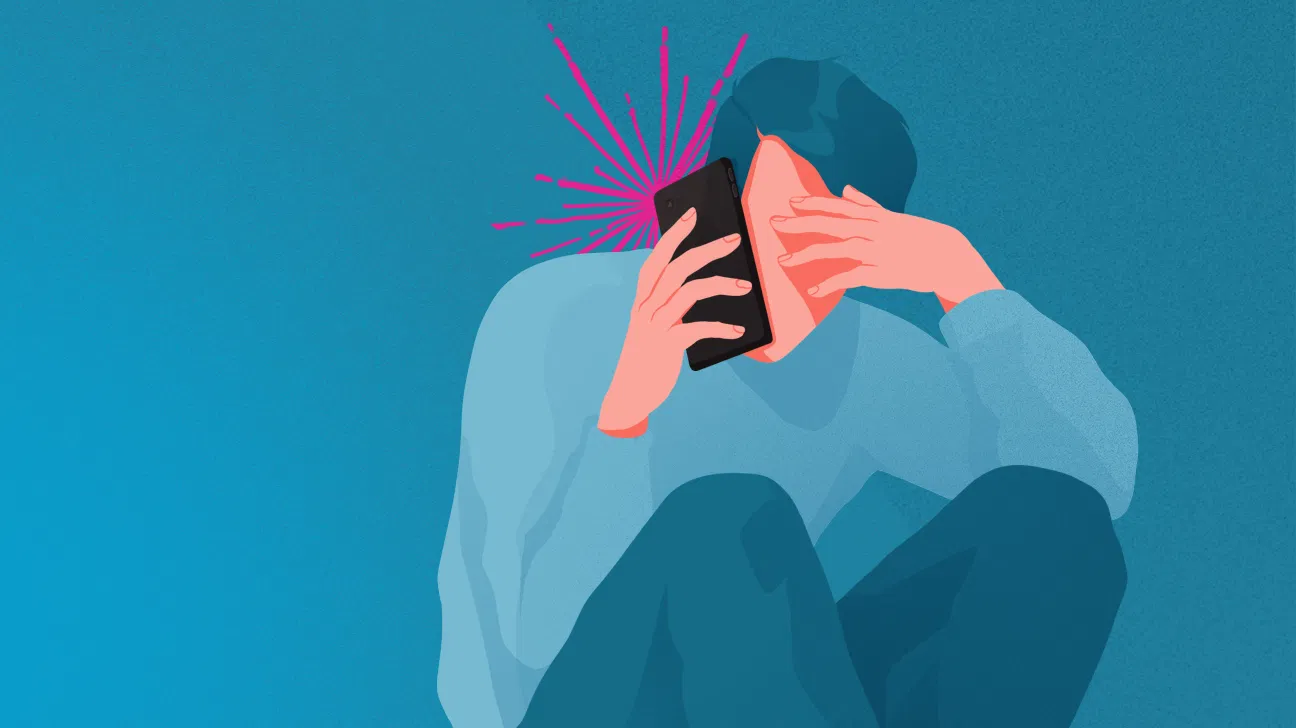All dispatchers have taken these calls; the caller is frantic, a loved one is hurt, unresponsive, missing – and the caller reaches out to you – 911. Another perfect example of people calling 911 on not the best of days. As you go through your protocols of gathering information and providing instructions and reassurance, what is the one sentence that can never come out of the mouth of a Telecommunicator? Here it is: “She / He will be okay”.
We are, in this profession, fixers by nature. We are people who want to take charge and make things right. Most people, when asked why 911 at the beginning of their career, would have answered that they wanted to help people. When faced with a sobbing mother whose child was just pulled out of the pool, or the husband whose wife of 50 years is unresponsive, or the child who just witnessed the unthinkable between her mommy and daddy and now mommy won’t talk to her; it is understandable that the fixer in us wants to reassure the caller that “Everything is going to be okay”.
But for that person, everything may not be okay. By providing them with the reassurance that it will be, you could be placing yourself and your agency in an uncomfortable position of unwanted liability from the family. In a court setting, Telecommunicators who offer the reassurance that “she is going to be okay” are providing a verbal contract or setting an unmet reassurance that the loved one is going to be okay when in fact, within the PSAP there is oftentimes very little that can be done to make the situation okay. Aside from the legality of it, everything that is said and done is open to the public and their interpretation. Although the intentions of the call-taker within the PSAP are honorable, the public may find it cruel.
The bottom line, pre-think about the reassurances that you will use with your callers so that you are ready with comforting things to say that will have reassurance, but not leave the caller with false hope.


Recent Comments